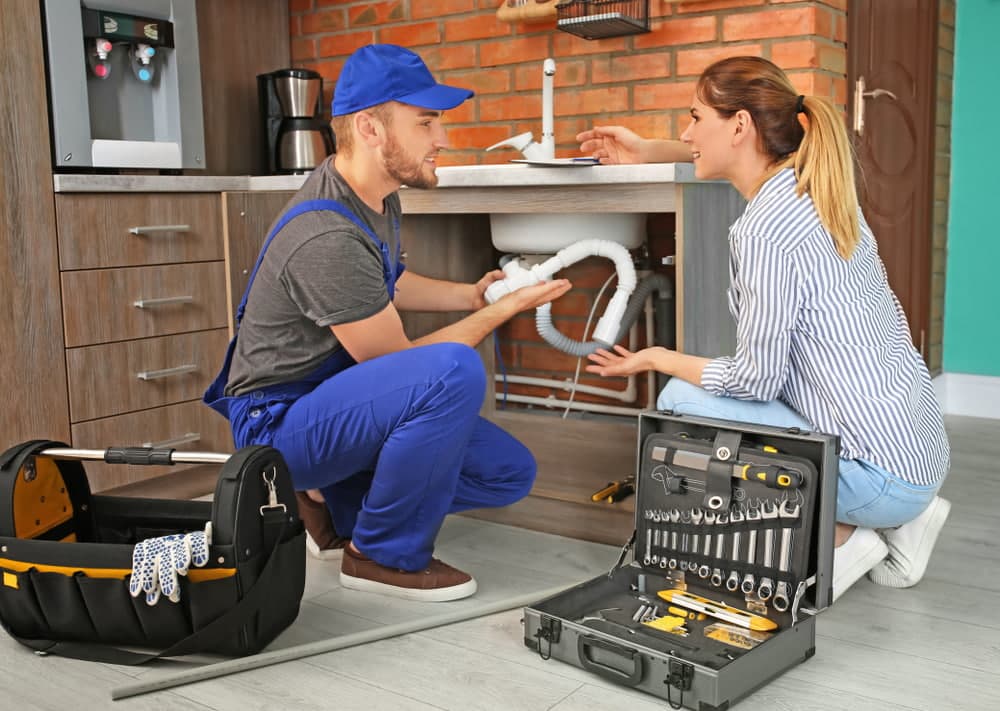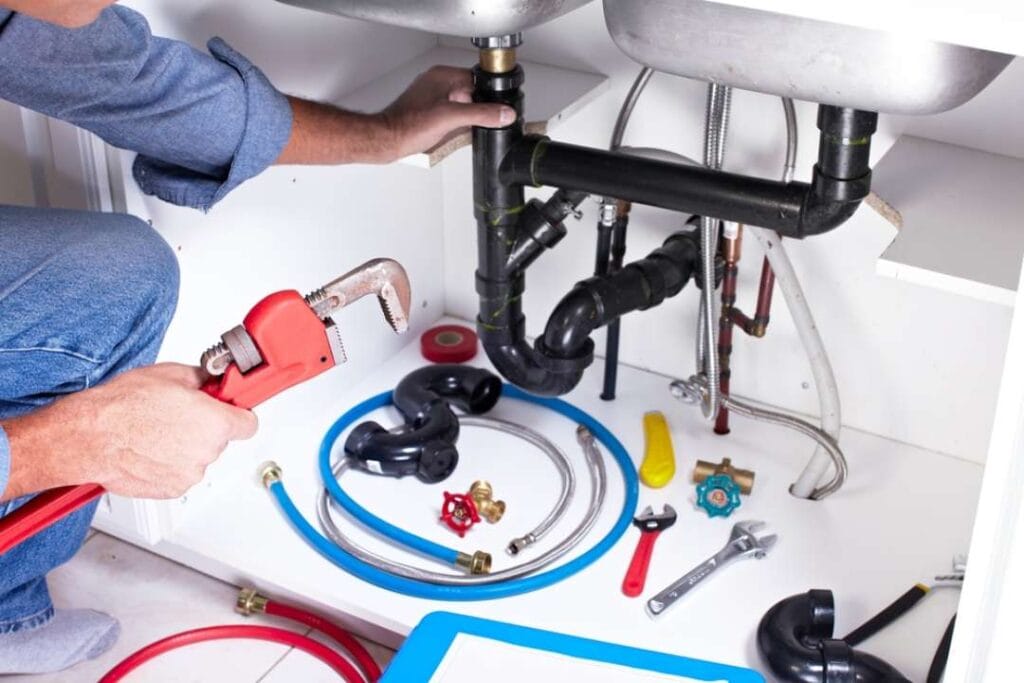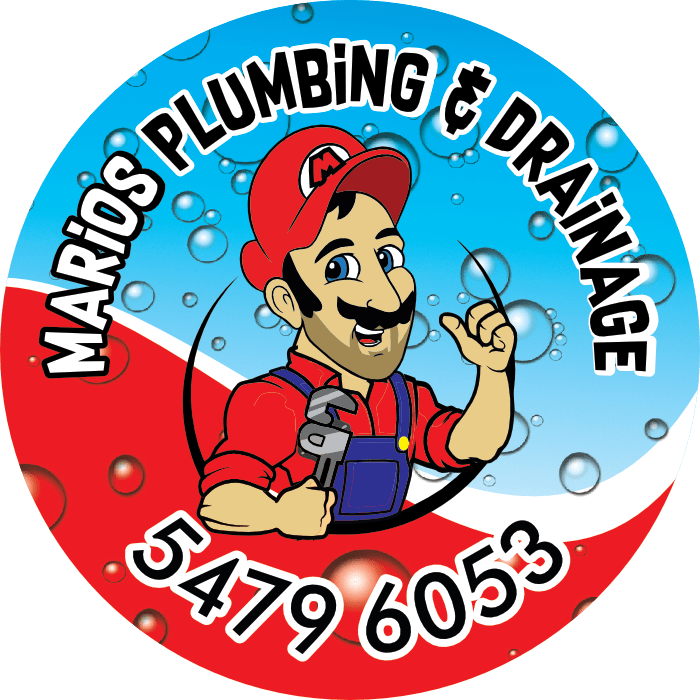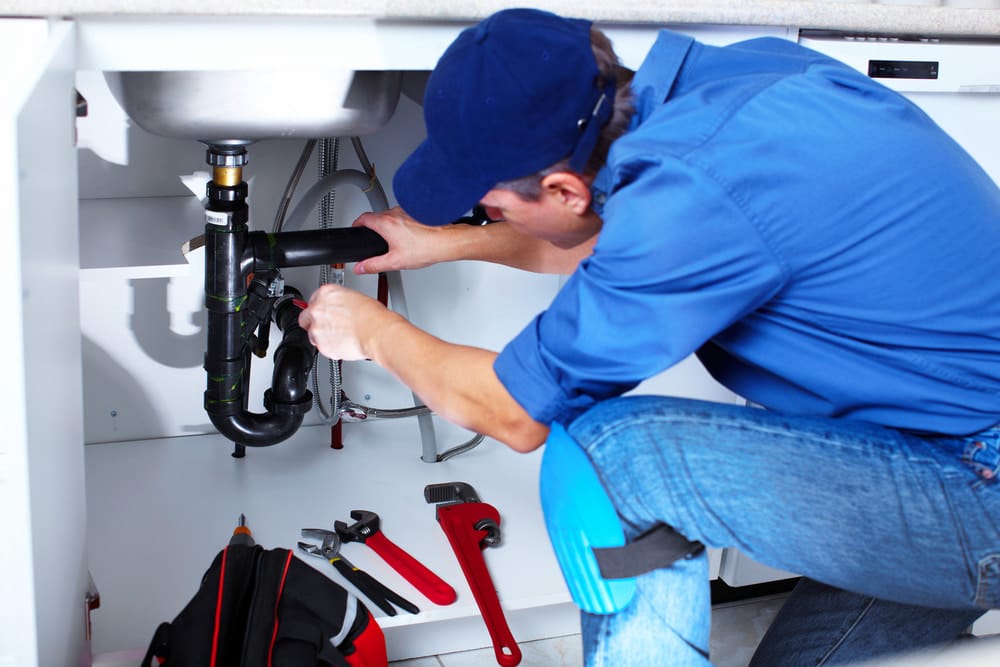When it comes to maintaining a commercial property, ensuring reliable plumbing services is crucial. From small office buildings to large industrial complexes, the integrity of plumbing systems directly impacts daily operations and the safety of occupants. Finding trustworthy commercial plumbing contractors involves a strategic approach to guarantee quality workmanship and timely service. Firstly, identifying experienced professionals with a proven track record is essential. Reliable contractors often have years of experience in commercial settings, understanding the unique challenges and requirements of such environments. Secondly, verifying credentials such as licenses, certifications, and insurance coverage is paramount. These credentials not only demonstrate expertise but also provide assurance against potential liabilities. By taking these initial steps, property managers and owners can establish a foundation of trust with their chosen commercial plumbing contractors, ensuring peace of mind and continuity in business operations.
Understanding Your Needs: A Guide to Assessing Commercial Plumbing Requirements

Commercial plumbing is a critical component of any business infrastructure, yet it’s often overlooked until a problem arises. Whether you’re managing a restaurant, office building, or retail space, understanding your plumbing needs is essential for maintaining operational efficiency and preventing costly disruptions. In this guide, we’ll walk you through the steps to assess your commercial plumbing requirements effectively.
Evaluate Current Plumbing Systems
Begin by conducting a thorough evaluation of your existing plumbing systems. Identify any issues such as leaks, clogs, or inconsistent water pressure. Document the age of the systems and consider if they meet current building codes and standards. Assessing your current plumbing systems involves inspecting visible pipes, fixtures, and drainage systems. Look for signs of wear and tear, corrosion, or outdated technology that may be causing inefficiencies or potential risks. Understanding the condition of your plumbing infrastructure sets the foundation for determining necessary upgrades or repairs.
Determine Business-Specific Needs
Next, consider the unique requirements of your business. Different industries and facilities have varying plumbing demands. For instance, a restaurant may require high-capacity water heaters and grease traps, while an office building may prioritize efficient restroom facilities and water conservation measures. To accurately assess your business-specific plumbing needs, consider factors such as peak water usage times, type of fixtures required, and any specialty equipment (like industrial sinks or water filtration systems) that may be essential to your operations. Understanding these needs ensures that the plumbing solutions you invest in align with your business goals and operational requirements.
Plan for Future Growth and Expansion
Anticipate future growth and expansion when evaluating your plumbing requirements. Consider how changes in your business, such as increasing staff or expanding facilities, could impact your plumbing infrastructure needs. Planning ahead helps prevent costly retrofitting or upgrades down the line. Businesses evolve over time, and so do their plumbing needs. Factor in potential expansions, renovations, or changes in business operations that could affect your plumbing system. Consulting with a professional plumber or engineer can provide valuable insights into designing a scalable and adaptable plumbing infrastructure that accommodates future growth seamlessly.
Assess Water Efficiency and Conservation Goals

Evaluate your business’s commitment to water efficiency and conservation. Implementing eco-friendly plumbing solutions not only reduces operational costs but also aligns with corporate sustainability initiatives and regulatory requirements. Assessing water efficiency involves auditing water usage patterns, identifying opportunities for improvement, and implementing strategies such as installing low-flow fixtures, water-efficient appliances, or automated systems that monitor and manage water consumption. Prioritizing conservation goals demonstrates corporate responsibility and can lead to long-term savings on utility bills and environmental benefits.
Consider Regulatory and Compliance Requirements
Ensure your plumbing systems comply with local building codes, health regulations, and industry standards. Non-compliance can result in fines, operational disruptions, or legal liabilities. Staying informed about regulatory requirements is crucial for maintaining a safe and compliant workplace environment. Work closely with qualified plumbing professionals who have expertise in navigating local codes and regulations. They can advise on necessary upgrades or modifications to ensure your plumbing systems meet current standards and mitigate potential risks associated with non-compliance.
Researching Potential Contractors: How to Find Qualified Commercial Plumbing Services
Hiring a reliable commercial plumbing contractor is crucial for maintaining the functionality and safety of your business’s plumbing systems. Whether you’re facing an emergency repair or planning a major installation, thorough research is essential to ensure you hire qualified professionals who deliver quality workmanship. In this guide, we’ll explore effective strategies for researching potential contractors and finding the right fit for your commercial plumbing needs.
Utilize Online Resources
Start your search by utilizing online resources such as search engines, business directories, and review websites. Look for commercial plumbing contractors with positive reviews and ratings from past clients, indicating their reliability and satisfaction with the services provided. Online platforms like Google, Yelp, and Angie’s List can provide valuable insights into the reputation and credibility of commercial plumbing contractors. Pay attention to reviews that highlight key aspects such as punctuality, communication, technical expertise, and overall customer service. Additionally, check if the contractors have a professional website that showcases their services, certifications, and portfolio of completed projects.
Seek Recommendations and Referrals
Ask for recommendations from trusted sources within your industry or network. Referrals from colleagues, business associates, or facility managers who have firsthand experience with commercial plumbing contractors can provide valuable insights and trustworthy referrals. Word-of-mouth recommendations are often reliable indicators of a contractor’s performance and reliability. Reach out to peers or industry associations for referrals to commercial plumbers who specialize in your specific needs, whether it’s emergency repairs, routine maintenance, or large-scale plumbing projects. Collect multiple recommendations to broaden your options and ensure comprehensive research.
Check Licensing and Credentials
Verify that the commercial plumbing contractors you’re considering are properly licensed and insured. Licensing ensures that contractors have met state and local regulatory requirements and possess the necessary skills and knowledge to perform plumbing work safely and effectively. Visit your state’s licensing board website or contact them directly to confirm the current status of a contractor’s license. Insurance coverage, such as general liability and workers’ compensation, protects you from potential liabilities and ensures that you’re not held responsible for accidents or damages that may occur during the job. Request copies of licenses, certifications, and insurance policies from prospective contractors to verify their legitimacy and compliance with legal requirements.
Evaluate Experience and Expertise
Assess the experience and expertise of commercial plumbing contractors in handling projects similar to yours. Look for contractors with a proven track record in commercial plumbing, particularly in industries or facilities that mirror your own operational needs.
Expanded Content: Inquire about the contractor’s experience in performing commercial plumbing services, including the types of projects they have completed and their familiarity with industry-specific regulations and requirements. Experienced contractors are often better equipped to handle complex installations, troubleshoot technical issues, and provide innovative solutions tailored to your business’s plumbing challenges. Ask for references from past clients and contact them to inquire about their satisfaction with the contractor’s performance and reliability.
Request Detailed Estimates
Obtain detailed estimates from multiple commercial plumbing contractors to compare pricing, scope of work, and proposed timelines. Avoid contractors who provide vague or excessively low estimates, as they may indicate hidden costs or subpar service quality.
Expanded Content: Request written estimates that outline the cost breakdown for materials, labor, permits, and any additional fees associated with the project. A comprehensive estimate should also specify the project timeline, including start and completion dates, as well as milestones for progress updates. Compare estimates based on their transparency, thoroughness, and alignment with your budgetary constraints. Be wary of contractors who pressure you to make immediate decisions or offer significantly discounted rates without justification, as these could be red flags of potential issues during the project.
Maintaining Relationships: Building Long-Term Partnerships with Commercial Plumbing Services
Building a long-term partnership with a reliable commercial plumbing service is crucial for ensuring the ongoing functionality and efficiency of your business’s plumbing systems. Beyond addressing immediate needs, a trusted partnership fosters proactive maintenance, timely repairs, and a deeper understanding of your specific requirements.
- Clear Communication: Establish open lines of communication to discuss expectations, schedules, and any evolving plumbing needs.
- Scheduled Maintenance: Implement regular maintenance schedules to prevent costly emergencies and ensure optimal system performance.
- Emergency Response: Choose a plumbing service that offers 24/7 emergency support for prompt resolutions to urgent plumbing issues.
- Adaptability and Innovation: Seek partners who stay updated with industry trends and technologies to offer innovative solutions.
Conclusion
Finding a reliable commercial plumbing contractor is essential for the smooth operation and maintenance of any business facility. By following the outlined steps in this guide, businesses can ensure they partner with professionals who deliver quality services and uphold high standards of workmanship. From conducting thorough research and checking credentials to seeking recommendations and obtaining detailed quotes, each step contributes to making an informed decision that meets your commercial plumbing needs.
If you’re based on the Sunshine Coast and require expert plumbing services, Mario’s Plumbing and Drainage is your trusted partner. With a reputation for reliability and excellence, we offer a wide range of commercial plumbing solutions tailored to suit your specific requirements. Contact us today at 07 5479 6053 to discuss your plumbing needs or schedule a consultation. Our dedicated team is committed to delivering superior service and ensuring your commercial plumbing systems operate efficiently, keeping your business running smoothly.


